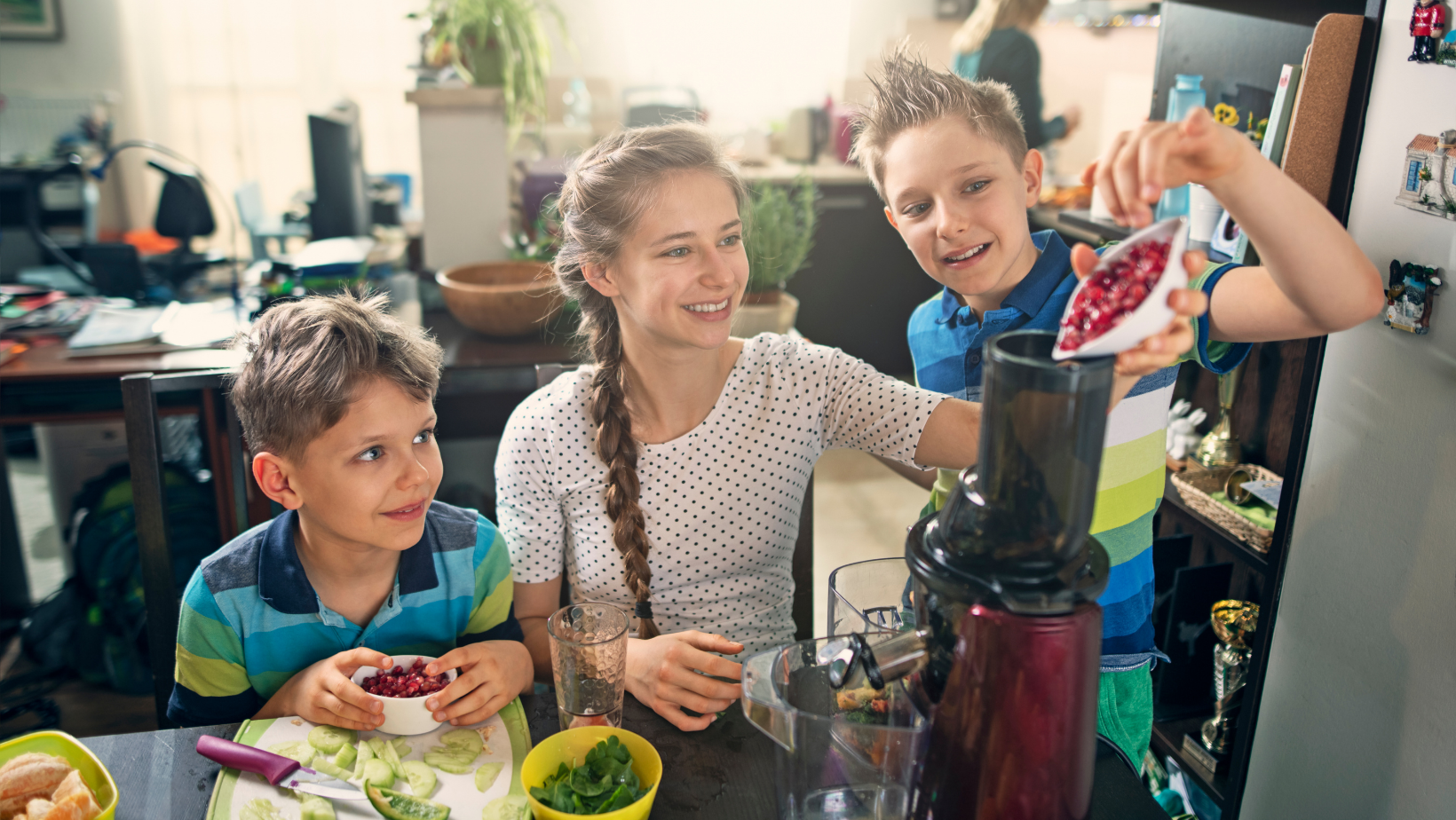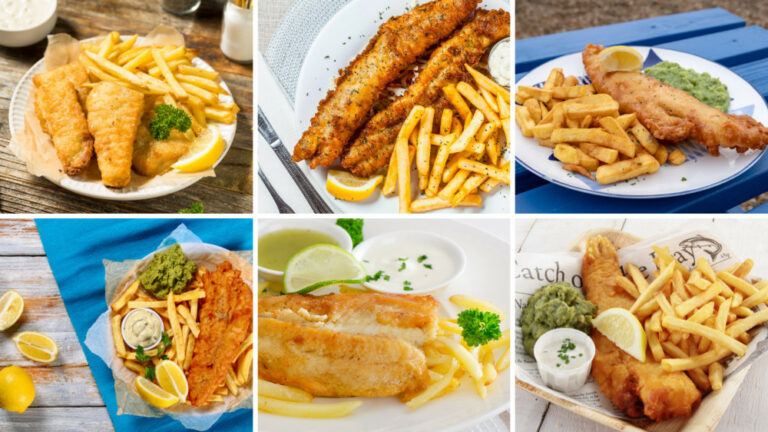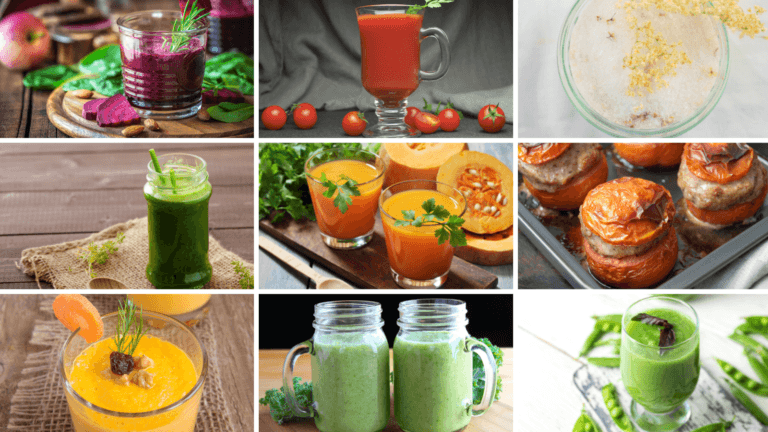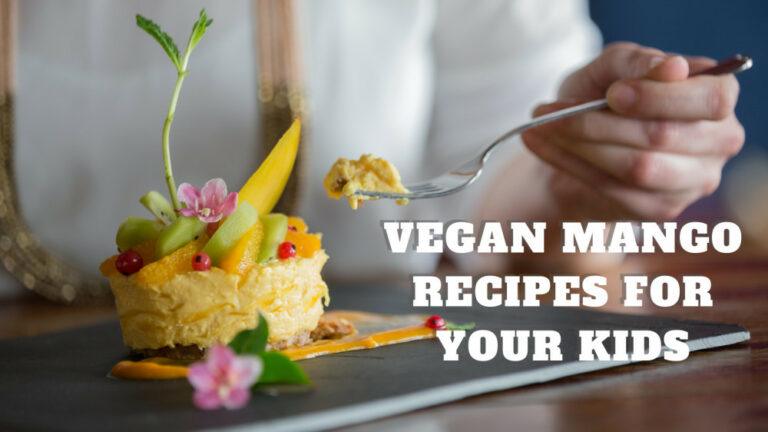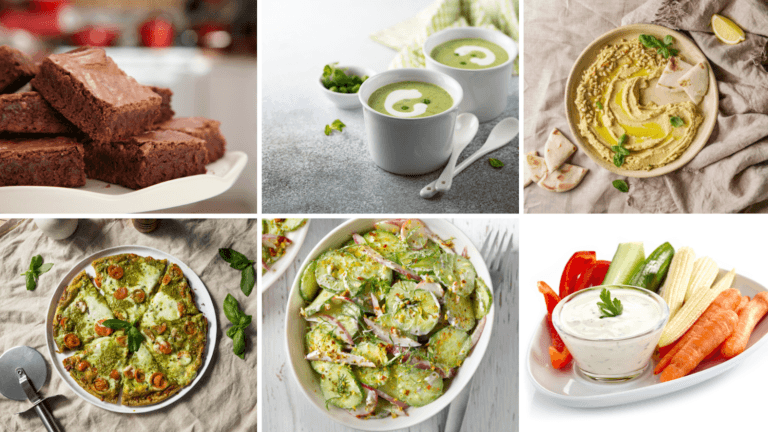Ways To Learn Vegan Parenting With Advantages
Ways To Learn Vegan Parenting With Advantages
Embracing a vegan lifestyle is not just a choice—it's a journey of compassion, health, and conscious living.
As parents, navigating this path with your children can be rewarding and enlightening. Welcome to our space, where we embark on the adventure of vegan parenting and explore how it benefits our families and the world.
In this guide, we'll dive into the heart of vegan parenting, offering insights, tips, and practical advice to help you navigate the beautiful terrain of raising compassionate and health-conscious children.
Whether you're a seasoned vegan parent or just beginning your plant-based journey, this blog aims to be your companion, providing the tools you need to thrive as a vegan family.
We'll cover everything from nutritional considerations to fostering a love for plant-based foods in your little ones. Join us as we explore veganism's ethical and environmental aspects, share delicious family-friendly recipes, and delve into the unique joys and challenges of raising vegan kids.
So, grab a cup of your favorite plant-based beverage, settle into a cozy spot, and embark on this exciting journey together. Here are the ways to learn and embrace vegan parenting, unlocking a world of advantages for your family and the planet.
Why Vegan Parenting Is Important
Vegan parenting is important for many reasons: health, ethics, and environmental consciousness.
Choosing a plant-based lifestyle for your family ensures a nutrient-rich diet, promoting overall health and reducing the risk of chronic diseases. Still, it also instills values of compassion and empathy in children.
Parents foster a sense of responsibility for the well-being of animals and the planet by teaching them about the ethical considerations behind veganism.
Moreover, vegan parenting contributes to a lower environmental impact, as plant-based diets generally have a reduced carbon footprint.
It's an educational journey encouraging critical thinking, open-mindedness, and a positive relationship with food.
By setting these healthy habits early on, vegan parenting lays the groundwork for a sustainable and conscious approach to life, creating a ripple effect of positive choices that extend beyond the family unit and into the wider community.
7 Important Vegan Parenting Tips
1. Educate Your Children Because Knowledge Is Power
The 1st tip in Vegan Parenting is to educate your children about veganism properly. Raising vegan children in a largely meat-eating world is not only challenging but also irritating, especially when people challenge your decision to live a plant-based lifestyle, as you and your children have done.
As a result, it's critical to talk to your kids about why you've decided to try Vegan. This way, they'll be well-informed and ready to respond confidently to any queries that may arise.
Consider using educational movies to explain veganism and how it might help your students. This will provide them with an objective and detailed description of the vegan lifestyle, allowing them to comprehend what it entails completely.
2. Encourage Your Children To Prepare Their Own Meals
Back to school means establishing a pattern of packing your child's lunch and snacks to help them stay energized and focused throughout the day.
While meal planning is easy, involving your children in selecting their lunches offers them a sense of success and something to look forward to throughout the day.
Your youngster will be more motivated to stay on their plant-based path if you fill your cupboard and fridge with ready-made or pre-packaged vegan food they adore.
3. Introduce Calcium And Plant-Based Milk
Calcium is essential for strong bones, and we accumulate about 45 percent of our bone mass before the age of eight.
Another 45 percent will be laid in the next eight years, with the remaining 10 percent in the next ten years. As a result, youngsters who follow a vegan diet must have enough calcium.
Plant-based milk fortified with calcium and vitamin D (approximately 300mL per day) is a smart choice, and you may also want to add soya yogurts and calcium-rich cereals to your child's diet.
Another option is to drink oat or coconut ‘milk,' both enriched with calcium (but not all are fortified with vitamin D – so check labels).
Rice milk that has been fortified can be used as a primary beverage for children over five.
Spreads made from plants can be utilized. Almonds, calcium-set tofu, beans, and green leafy vegetables are all effective calcium sources that should be included in your child's diet regularly. Parents must double-check their child's calcium recommendations, as they differ by age.
Children's calcium needs differ depending on their age
Infant
- 525mg calcium every day for children under the age of 1
- 350mg calcium per day for children aged 1 to 3 years.
- 450mg calcium per day for children aged 4 to 6.
- 550mg calcium per day for children aged 7 to 10.
Adolescents
- Females from 11 to 18 years old should take 800 milligrams of calcium every day.
- Males from 11 to 18 years old should consume 1000 mg of calcium every day.
4. Don’t Skip Fibre
High-fibre foods are typically quite filling, causing youngsters to get satiated before they've consumed all of the calories and nutrients they require.
Avocados, almonds, and dried fruits are nutrient-dense foods containing fiber. Remember: encouraging youngsters to wash their teeth after eating dried fruits is a smart way to reduce the risk of tooth decay.
In conclusion, vegan diets can be healthy for children if parents and guardians know the essential nutrients for growth and development.
Furthermore, parents of vegan children must exercise particular caution to ensure their children consume a well-balanced diet and, if necessary, seek professional advice.
5. Raise Vitamin D Awareness
Vitamin D is required for calcium absorption to maintain healthy bones and teeth, but it is only available in a few foods, with the best source being sunshine absorbed through the skin.
Vegans have a restricted number of dietary options. Thus, fortified plant-based milk spreads, and cereals are the best choices.
All children aged 1-4 years should take a daily vitamin D supplement comprising 10g, according to the Department of Health.
It is advised that all children aged 6 months to 5 years take vitamin supplements comprising A, C, and D daily. Check the label before you buy because not all vitamin D pills are safe for vegans.
6. Remember Vitamin B12
Vitamin B12 is necessary for the development of red blood cells as well as the brain and nervous system.
Although vitamin B12 is only found naturally in animal sources, fortified morning cereals, some low-salt yeast extracts, fortified plant milk, and soy products include the vitamin.
It's critical to incorporate various foods in your child's diet. You may need to take a supplement if you don't have enough B12.
It's also crucial to have a stable source of iodine, and taking a supplement is usually advised.
7. Don't Skip Omega-3 Fatty Acids
These essential lipids are necessary for brain development and help the brain function at its best. They're also beneficial to your vision and heart.
Chia seeds, flaxseeds, hemp, and walnuts are plant sources. Because plant foods aren't the best source of these critical fats, some vegans, notably pregnant and nursing mothers, supplement with omega-3 fatty acids obtained from microalgae.
Share knowledge about Iron: The production of red blood cells requires iron. Pulses (including beans, lentils, and peas), dark green leafy vegetables (such as broccoli, okra, watercress, or spring greens), wholemeal bread and flour, nuts, whole grains, and fortified cereals should all be included in their diet regularly.
Dried fruits like apricots, prunes, and figs are also excellent options. Increase your child's iron intake by mixing an iron-rich diet with a vitamin C-rich dish; try orange segments over fortified breakfast cereal or peppers with lentils in a vegetable stew.
Vegan Parenting Advantages
1. Educates Children On The Importance Of Fruits And Vegetables In Their Diet
With the rising popularity of veganism, an increasing number of dishes emphasize fruits and vegetables.
You may have eaten meat in the past, but did you know that you may veganize the meaty dishes you used to enjoy?
On the other hand, parents who educate their children on a plant-based diet are ahead of the game because they are already educating their children to be creative when creating dishes using fruits and vegetables.
Your children will learn that you can prepare delightful plant-based meals, encouraging them to eat more nutritious foods.
2. Their Carbon Footprint Is Reduced
Meat and dairy consumption contributes to the carbon footprint. When it comes to growing farmstock for factory farms, animals that are bred and sold must be fed grains to grow swiftly. Factory farms are overcrowded, and because these animals generate feces regularly, there is a lot of waste.
When you cut meat and dairy products from your diet, you're not just being ethical, but you're also helping to improve the environment.
You may teach your children that eating a plant-based diet means releasing fewer hazardous chemicals into the environment and improving the environment for future generations.
3. Vegan Dinners Are Delicious And Inventive
Do you want a burger? Pizza? Pasta? You figured it out! You don't have to give up all of your favorite foods as a vegan.
It just means you'll have to get inventive and acquire cruelty-free ingredients. Vegan and vegetarians can now purchase many different types of fake meat and dairy-free items at their local supermarkets as more vegan and vegetarian products are developed.
Your kids will appreciate the cruelty-free version of meals you've made for them because they're vegan and haven't eaten meat before.
Also, if you're too lazy to cook for your family, many places provide vegan options, and much of what you eat at a vegetarian restaurant is vegan. You should double-check everything and call ahead, just in case.
Suppose you're a vegan and raising vegan children. In that case, you're not only doing them a favour regarding their health, but you're also making a compassionate and beneficial decision by removing meat and dairy from their diet.
You're not only caring about their health, but you're also giving kids new ways to eat plants, given the rising rates of cruelty in factory farms and the poisonous chemicals created by the mass of farm animals!
4. Assists Them In Making Ethical Decisions
By Vegan Parenting, you can also assist your child in making ethical decisions. Veganism is no longer considered a “hippie” or “cool” lifestyle, as more people realize that being vegan also allows them to make more informed and ethical decisions.
By removing meat and dairy from your diet, you are improving your physical health and helping to end animal suffering.
You may explain to your children that animals are companions, not food, even if they don't comprehend it at first.
You can take them to a sanctuary farm and demonstrate how animals are treated with kindness and how being vegan makes this possible. The kids will have a great time and learn to love all of the creatures.

Conclusion
Deciding to raise your infant or child as a vegan is a wonderful thing to undertake. Not only will a well-planned and diverse vegan diet provide them with all of the nutrients they require to flourish, but you'll also be protecting the environment for your child's future and future generations. You are amazing, plant-based parents parenting vegan children. Are you planning to start a family as a vegan?
I trust you enjoyed reading the article about Ways To Learn Vegan Parenting With Advantages. Please stay tuned. There are more blog posts to come very shortly.
JeannetteZ
Do You Want To Surprise Your Family And Guests With Delicious Vegan Lunches And Dinners On A Regular Basis? Become A Member At Veecoco – My #1 Recommendation – And Have Access To Over 700 Delicious, Healthy AND 100% Vegan Recipes.
Your Opinion Is Important To Me
Ideas? Thoughts? Questions? I would love to hear from you. Please leave me your questions, experience, and remarks about this article on Ways To Learn Vegan Parenting With Advantages in the comments section below. You can also reach me by email at Jeannette@LivingTheVeganLifestyle.org.
Here are the links to some of my favourite articles:
Best Vegan Restaurants In Naples, Italy
32 Best Vegan Restaurants In Pisa, Italy
38 Best Vegan Restaurants In Milan, Italy
40 Best Vegan Restaurants In Rome, Italy
26 Best Vegan Restaurants In Madrid, Spain

